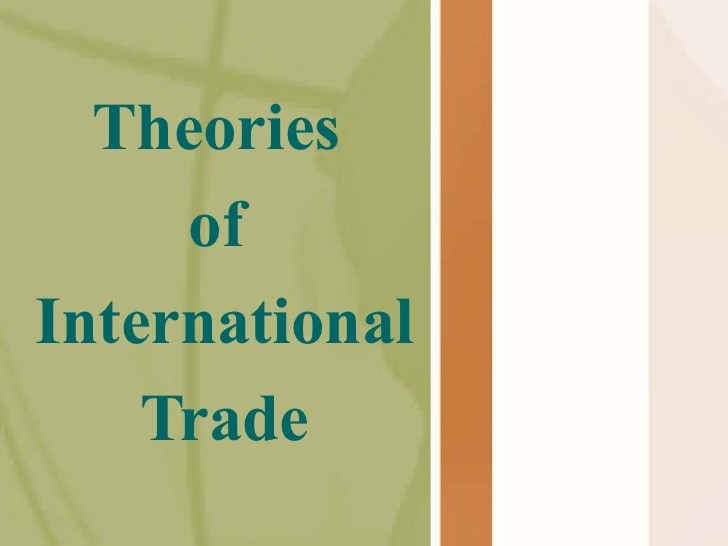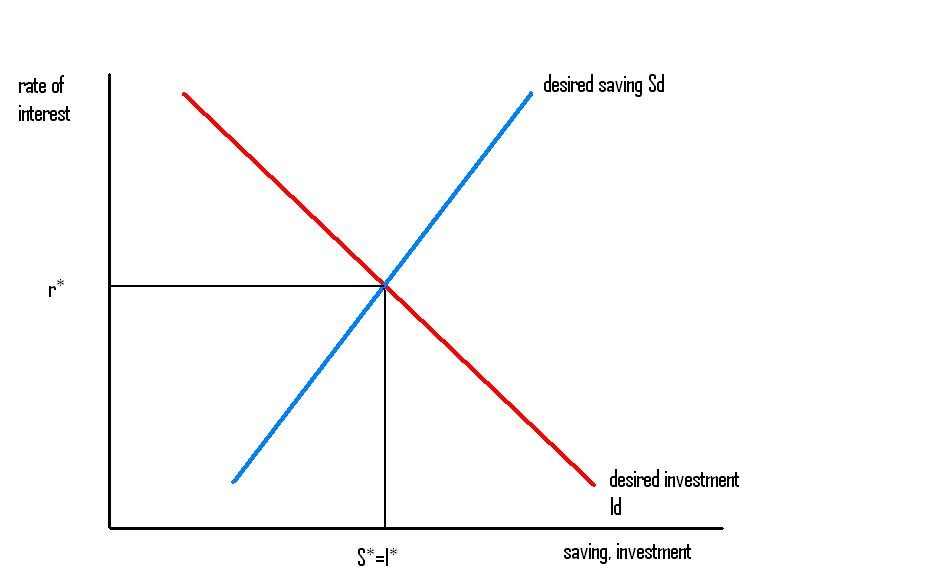7 Controversial Investing Theories_1
Post on: 2 Апрель, 2015 No Comment

There are plenty of investment options around these days and all of them seem to be quite alluring and convincing. Thus, when it comes to investing, there is no shortage of theories on markets and its moves. In order to understand them better, this article discusses 7 financial theories as follows:
1. Fifty Percent Principle
This does a prediction whether an observed trend would soon undergo any considerable change in the price or not. It means that if a stock has been on an upward trend and has gained about 22%, it will fall back almost fifty percent i.e. to 11% before rising again.
2. Efficient Market Hypothesis
There are actually very few people who are neutral on efficient market hypothesis (EMH). One can either believe in it and adhere to broad market investing strategies or can focus on picking stocks based on undervalued assets, growth potentials and so on.
3. Odd Lot Theory
This theory involves the selling of odd lots i.e. small blocks of stocks which are often held by individual investors – as an indicator of what would be the right time to buy a stock. It is contrarian strategy which is based off a simple training analysis – measuring the sales of odd lots. The main factor is to consider the growth and past records of the company before buying in any amount of shares of the same.
4. Greater Fool Theory
This one particularly proposes that one can gain profit from investments for as long as there would be a greater fool than oneself to buy the investment at higher price. It simply means that a person can make money from overpriced stocks as long as someone else is ready to pay more to buy the same stock from him/her.
5. Rational Expectations Theory

This one states that the traders or players in an economy will always act in a way which confirms to logical expectations in the future. In other words, if a person invests or spends according to what is rationally believed by that person will happen in the future. By doing this, the person creates a self-fulfilling and satisfying prophecy which helps in bringing about the future.
6. Prospect Theory (also known as Loss-Aversion Theory)
If people are more afraid of a loss, then the only way to attract them is by showing gain. This theory explains that the people’s perception of loss and gain are changed suddenly. If suppose a person is given a choice of different prospects, is it most likely that he/she would choose the option that would have less chances of ending in a loss, rather than the one that may offer more gain. This is particularly important for financial investors and professionals.
7. Short Interest Theory
This portrays that a high short interest is the precursor to a rise in the price of the stock and usually appears to be unfounded. It has been seen that a stock with many investors are short selling which is due for a correction. The reason behind this goes back to the fact that all the traders, professionals and individuals and their analytics cannot be wrong. Also consequently a buying pressure imposed by the short sellers covering their positions pushes the price of the share upwards.
If you this article useful, then we have more for you. Visit our website to find out more about instant loans tips and lots more visit Simple Personal Loans














